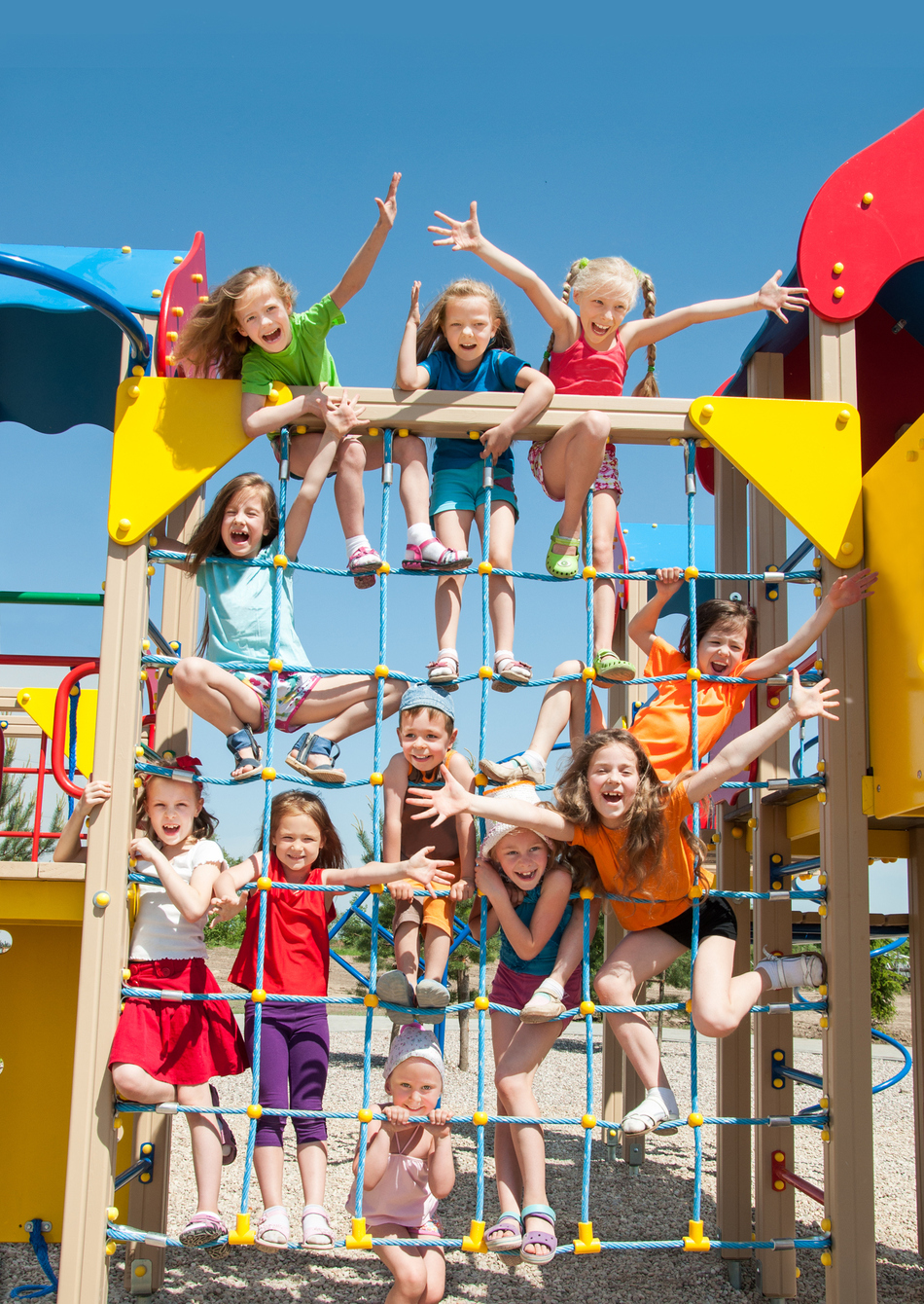
Episode Transcript
Dr. Gellner: Playground politics, how to help your child build social and emotional skills to help solve their own issues when things get out of control is today's topic on The Scope. I'm Dr. Cindy Gellner.
Announcer: Keep your kids healthy and happy. You are now entering the Healthy Kids Zone with Dr. Cindy Gellner on The Scope.
Dr. Gellner: Face it, kids love playgrounds, and we as parents love them to play on playgrounds because it makes them expend energy and get tired. What happens when kids meet other kids on the playground and it turns into a battlefield? The good news is, you as parents can help your child learn skills to help with just these situations. Say your child comes to you and tells you the other kids won't let them play, or that another child is calling them names. You get mad, but you can't let your child see that you're doing that because you, as the adult, need to be the voice of reason.
The first thing to do is to teach your child empathy. Empathy helps children understand, or feel, what another person is feeling by putting themselves in the other person's shoes. Empathy can help create self-awareness that allows children to differentiate their feelings from the feelings of others. The most powerful way to encourage empathy is to show them how to do it. If your child is hurt or disappointed, you could say, "You sound very sad about that," or, "Please tell me more about what happened."
Next comes the emotional management, which is basically temper control. Teach your child to talk to themselves in a quiet voice. If they're mad, that voice can say, "I need to take three deep breaths before I do something I shouldn't." If they're sad, that voice can say, "I'm not going to let what that child said or did get to me."
The last part is problem solving. Once something happens and your child comes to you, let them tell their story so that they're heard. Ask them how that made them feel, ask them what they want to happen, and ask them to give you two or three ideas on how to get what they want. Finally, ask them what they're going to actually do about the situation, and have them also think, what would they do next time? So they're prepared, and can address the situation themselves if it happens again, which you know it will.
Managing social dynamics when there are several children other than your own involved can be very stressful for both children and their parents. Teaching your child these social-emotional skills can help children de-escalate a conflict, advocate for themselves, and find more acceptable, safe and socially appropriate ways of getting their needs met when they may be feeling bullied or dismissed.
Announcer: Want The Scope delivered straight to your inbox? Enter your email address at thescoperadio.com and click "Sign Me Up" for updates of our latest episodes. The Scope Radio is a production of University of Utah Health Sciences.